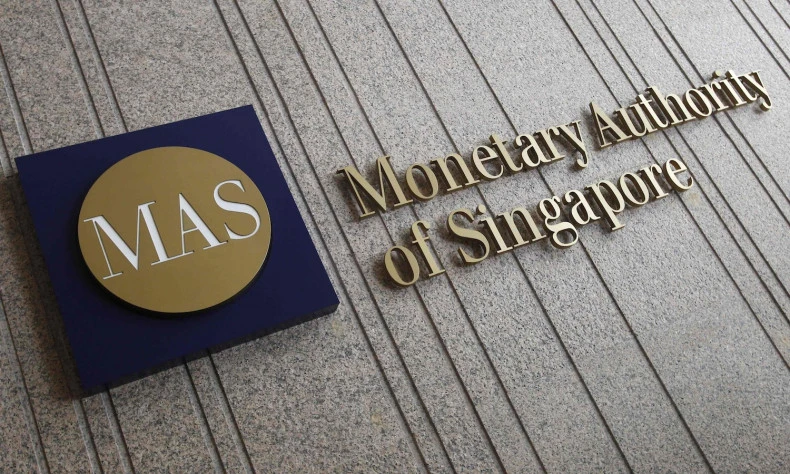
Hanoi (VNA) – As a business, financial and trade hub, Singapore is vulnerable to being misused as a conduit to launder illicit funds derived from fraud committed abroad, said the Singapore’s Money Laundering National Risk Assessment (ML NRA).
The document, jointly launched by the Ministry of Home Affairs, the Ministry of Finance, and the Monetary Authority of Singapore on June 20, identified fraud, especially cyber-enabled fraud, as the highest foreign money laundering threat.
Organised crime, corruption, tax crimes, and illegal trade activities are among major money laundering threats to Singapore.
Moreover, the banking sector is most vulnerable to money laundering as criminals often use bank channels to transfer illicit funds.
It is also noted that digital payment token service providers are increasingly involved in money laundering in Singapore.
Singaporean authorities affirmed that their anti-money laundering efforts will keep pace with the identified risks.
They also urged financial institutions, non-financial businesses and professions take reference from the updated ML NRA in assessing their risks and enhance their controls accordingly./.






















